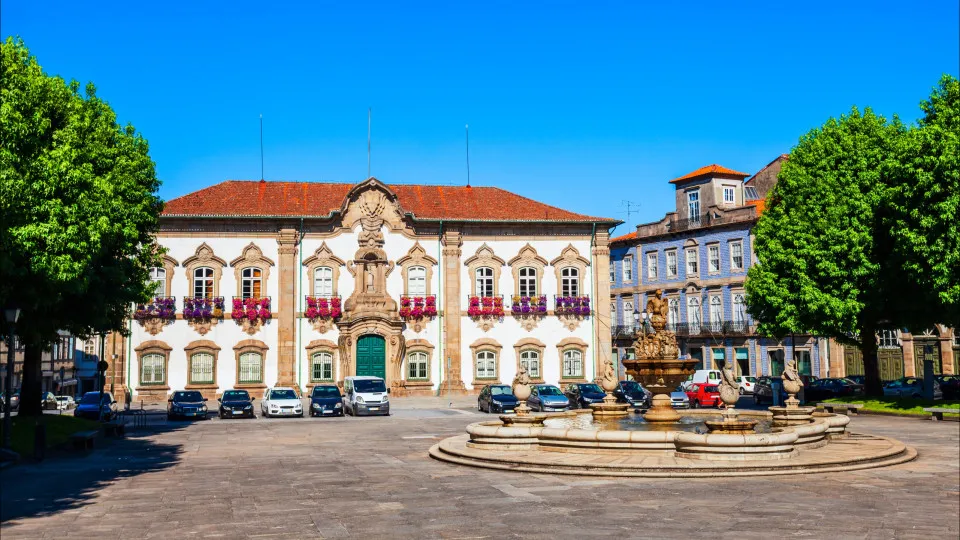
In statements to journalists at the parliament, Paulo Muacho from Livre and Andreia Galvão from BE did not raise constitutional issues regarding the recently enacted decree, choosing instead to criticize President Marcelo Rebelo de Sousa’s decision not to politically veto it.
According to the Livre deputy, by enacting the law and not exercising his political veto, the President of the Republic “ultimately validates the Government’s vision” for immigration, which is “diametrically opposed” to that of his party, but which he respects.
Paulo Muacho noted that the law “goes in the opposite direction to the very purpose that the Government claims it wants to achieve,” regulating immigration by removing, for instance, the possibility for individuals to obtain job-seeking visas, which are now limited to skilled work.
“What is being promoted is irregularity and pushing people into human trafficking networks. And that is what the Government tells us it wants to avoid,” he asserted.
The deputy emphasized that the current Government ministers themselves, in parliamentary hearings, admit to difficulties in executing the Recovery and Resilience Plan (PRR) due to a lack of labor and considered the legislation an economic “shot in the foot.”
Representing BE, Andreia Galvão argued that the enactment highlights a “highly unequal economy.”
According to BE’s sole deputy, substituting the party’s national coordinator, Mariana Mortágua, this law reinforces a context where “Portuguese workers are pushed abroad due to low wages and precarity,” while “the economy thrives on the exploitation of immigrant labor and then does not want to treat immigrants as people.”
“Moreover, this law does not even treat all foreigners equally,” she noted, referring to positive discrimination for those with residence permits under investment visas.
These foreign residents in Portugal are not subject to the two-year waiting period for family reunification—a rule that the majority of Constitutional Court judges did not deem unconstitutional.
In a statement released today, Marcelo Rebelo de Sousa justified the enactment by citing that the parliamentary decree was “reviewed and approved by 70% of deputies” and considered that it “minimally addresses the essential constitutional concerns raised by him and confirmed by the Constitutional Court.”
The new version of the legal regime for the entry, stay, exit, and removal of foreigners from the national territory was approved in a plenary session on September 30, with votes in favor from PSD, CDS-PP, Chega, IL, and JPP, and votes against from PS, Livre, PCP, BE, and PAN, following the Constitutional Court’s rejection of five norms of the previous decree in August.
PS, Livre, PCP, BE, and PAN, as well as the JPP’s sole deputy, had voted against the first version, approved on July 16 with votes in favor from PSD, Chega, and CDS-PP, on which IL abstained. The decree was based on a government proposal from PSD/CDS-PP and a bill from Chega.
The new regime limits job-seeking visas to “skilled work,” restricts the possibility of family reunification for immigrants with residence authorization in Portugal—excluding refugees—and changes the conditions for granting residence permits to citizens of the Community of Portuguese Language Countries (CPLP).




